What is an Earthquake?
An earthquake is the shaking of the earth’s surface caused by a sudden release of energy in the earth’s crust. This energy release creates seismic waves, known as S waves, which cause the ground to shake. The intensity and effects of an earthquake depend on the seismic activities in the region.
During an earthquake, stored energy in the earth’s crust is suddenly released, causing rocks to move along fault lines. This movement produces vibrations that travel through the earth as seismic waves. There are two main types of seismic waves: S waves and P waves.
- S waves (secondary waves): Move the ground side-to-side.
- P waves (primary waves): Move the ground back-and-forth.
Understanding earthquakes and seismic waves helps scientists predict risks, develop early warning systems, create earthquake-resistant buildings, and educate communities on safety measures.
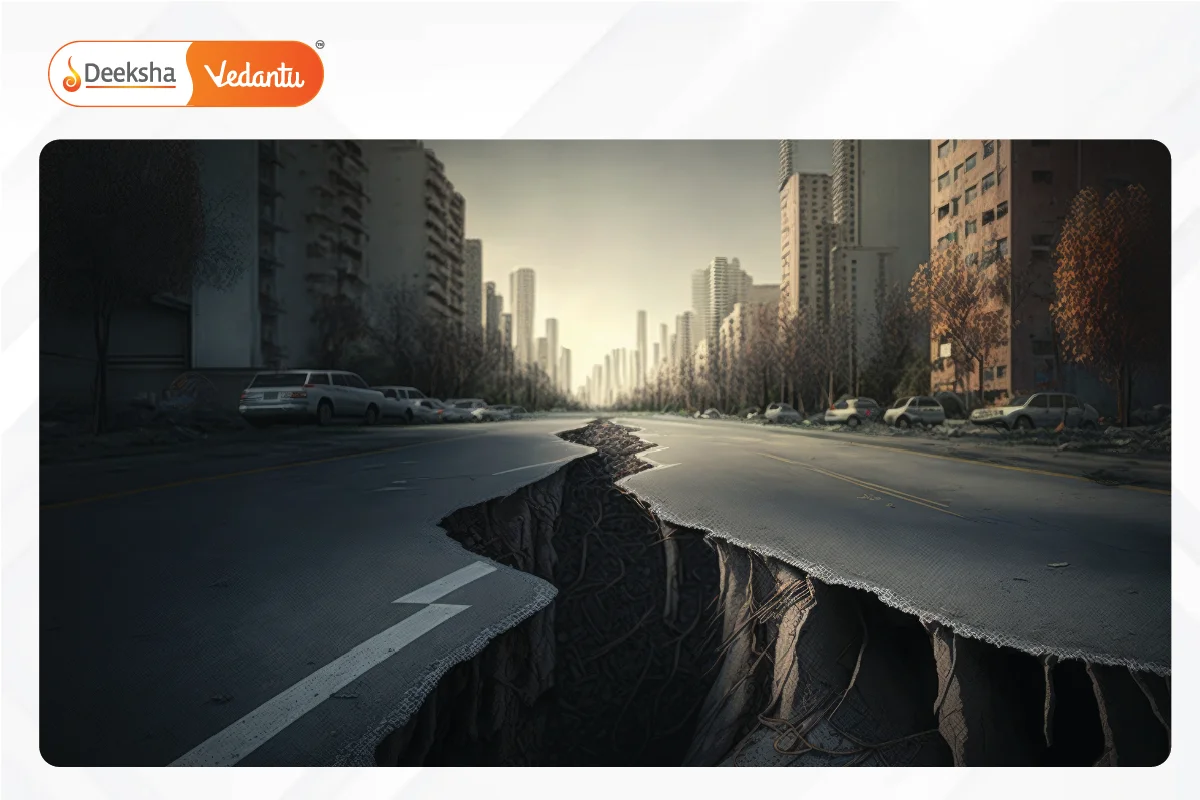
What Causes an Earthquake?
Earthquakes happen due to sudden movements of tectonic plates in the Earth’s crust. These plates float on a semi-fluid layer called the asthenosphere and are always in slow motion. Earthquakes usually occur at plate boundaries, especially at convergent boundaries where plates collide.
When tectonic plates collide or slide past each other, pressure builds up. Eventually, the stress causes the rocks to break and slip, releasing energy as seismic waves, which results in an earthquake. Other causes of earthquakes include volcanic activity, where rising magma causes the earth’s crust to fracture.
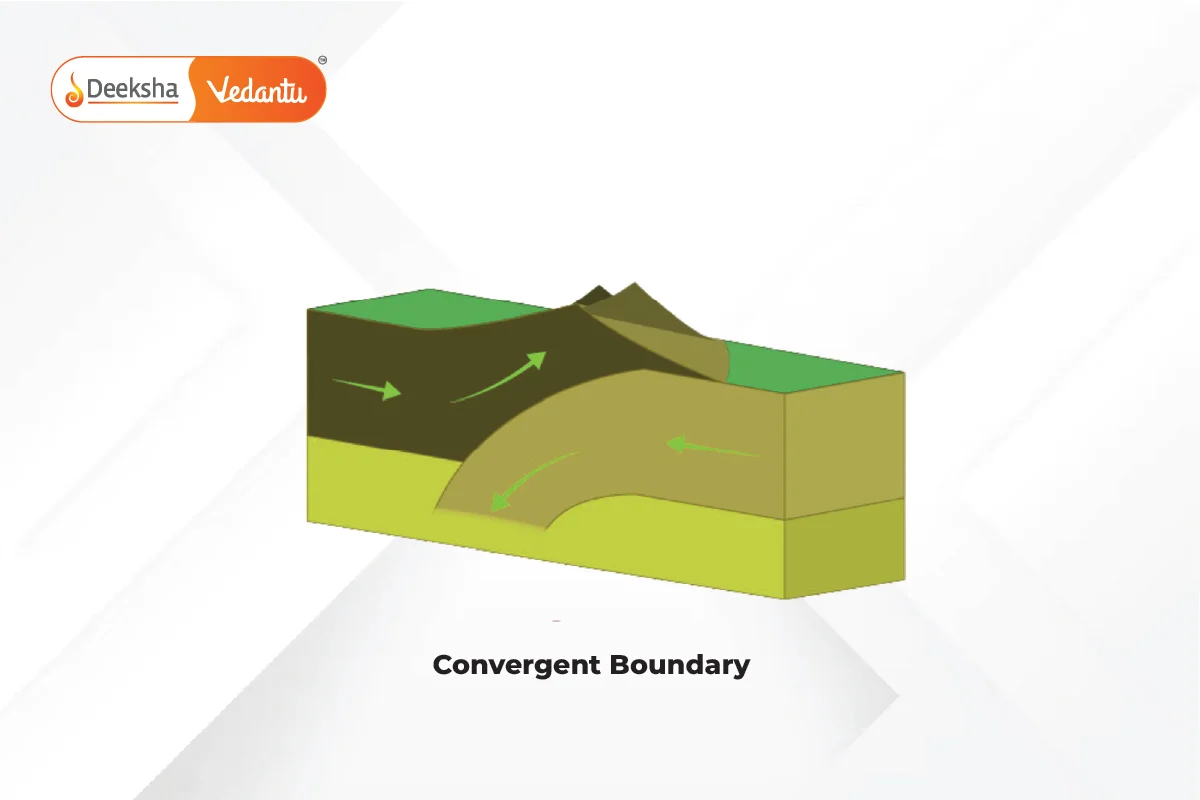
What to do During an Earthquake?
Being prepared for an earthquake is crucial. Here are steps to take before, during, and after an earthquake:
Before the Earthquake:
- Flexible Connections: Ensure gas lines and appliances have flexible connections to prevent leaks.
- Readiness Plan: Have a plan that includes a safe shelter, and stock up on supplies like canned food, first aid, water, dust masks, and a battery-operated radio.
- Consult Experts: Get advice from architects and engineers for building earthquake-resistant structures.
- Spread Awareness: Educate friends and family about earthquake preparedness.

During the Earthquake:
- Stay Indoors: Remain inside until the shaking stops and it’s safe to exit.
- Avoid Hazards: Stay away from heavy furniture and appliances.
- Find Shelter: Take cover under sturdy furniture.
- If Outdoors: Move to an open area away from buildings, trees, and power lines.
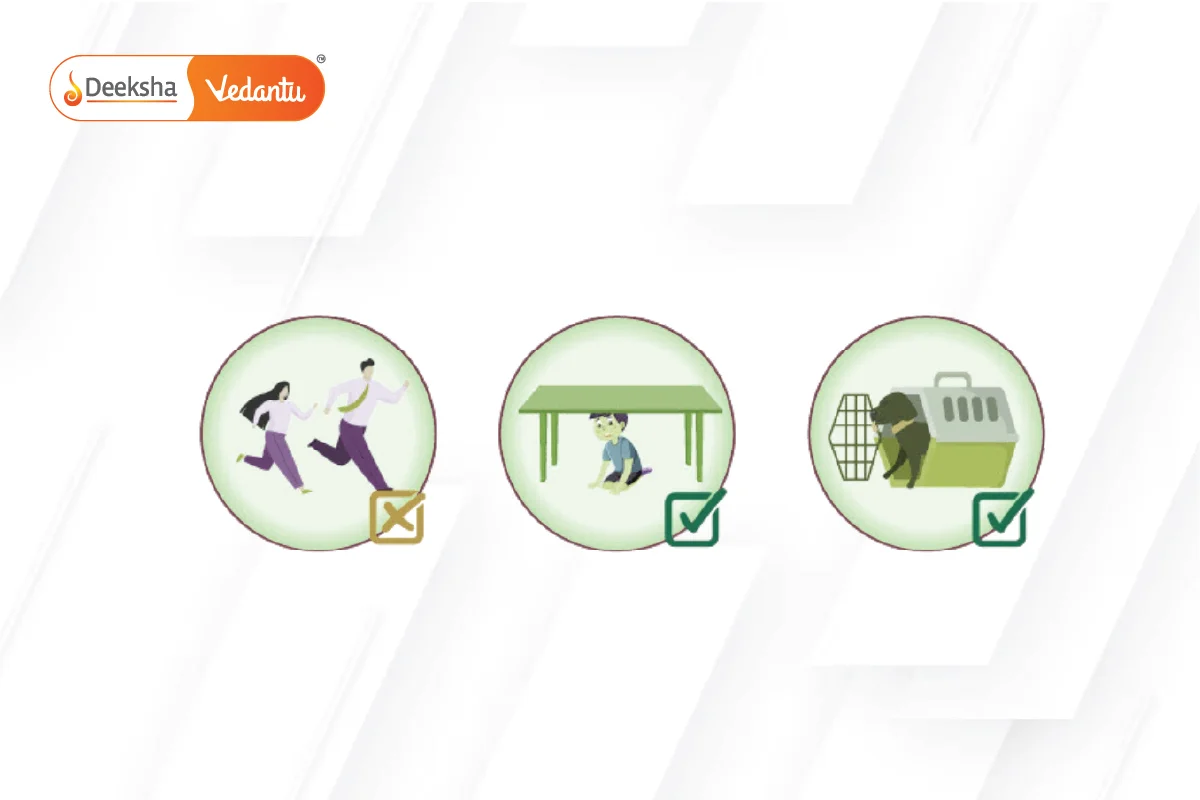
After the Earthquake:
- First Aid: Provide first aid to the injured and wait for professional help if necessary.
- Check Gas and Power: Inspect for gas leaks and switch off the main power if there’s damage.
- Stay Clear of Power Lines: Avoid downed power lines and damaged structures.

Effects of an Earthquake:
- Ground Shaking: Causes the ground to move, potentially damaging buildings and infrastructure.
- Structural Damage: Can lead to the collapse of buildings, bridges, and roads.
- Fires and Chemical Spills: Shaking can rupture gas lines and release hazardous materials.
- Landslides: Triggered in areas with steep slopes.
- Tsunamis: Caused by underwater earthquakes, leading to coastal flooding.
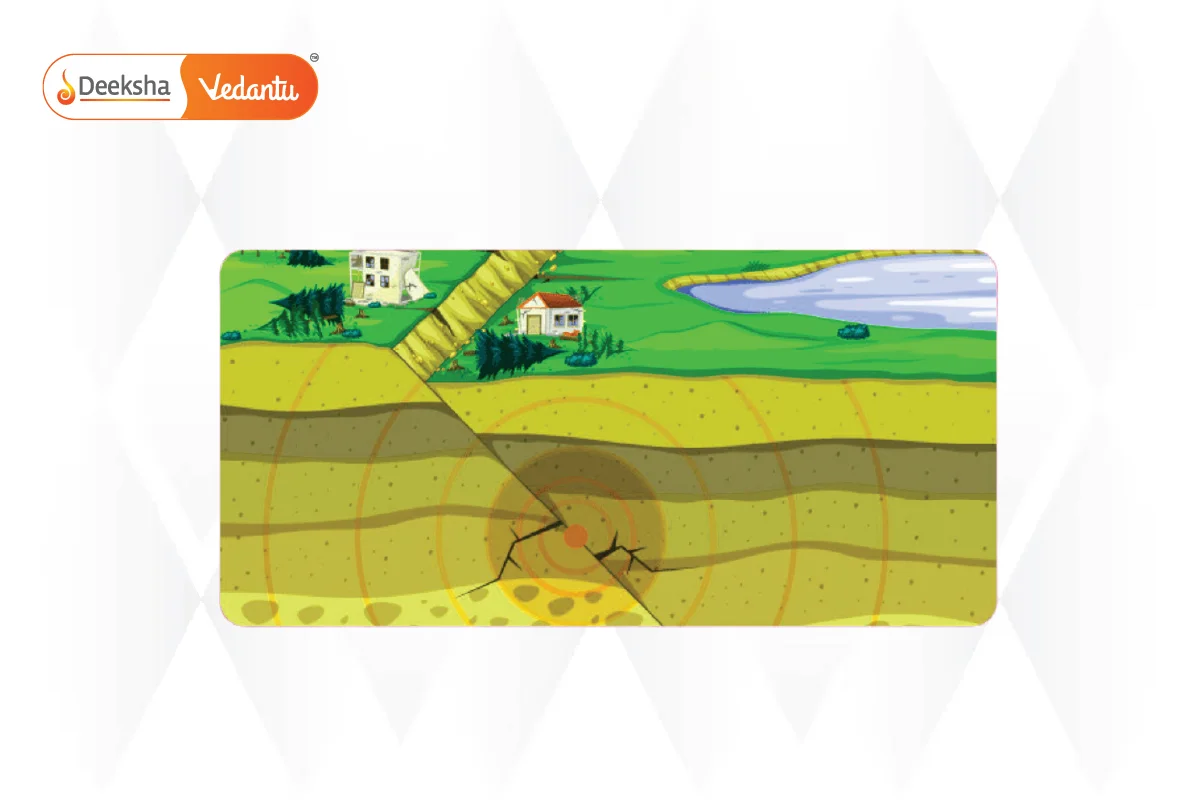
Seismograph and Richter Scale:
- Seismograph: A device that measures and records the vibrations caused by earthquakes.
- Richter Scale: Measures the magnitude of an earthquake based on the seismic waves recorded by seismographs. It is logarithmic, meaning each whole number increase represents a tenfold increase in wave amplitude.
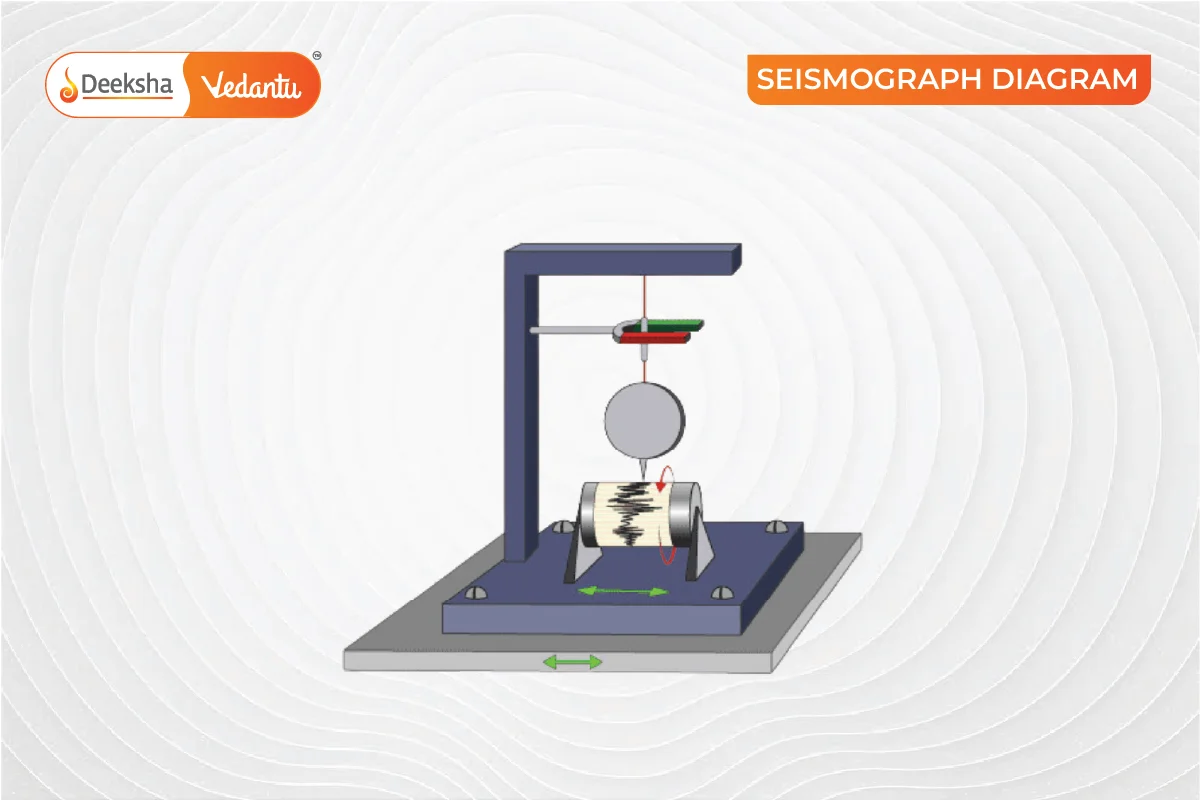
FAQs
Seismographs measure and record the ground motions caused by seismic waves, helping to determine the characteristics of an earthquake.
The Richter scale measures the magnitude of an earthquake based on the amplitude of seismic waves recorded by seismographs.
Earthquakes can cause ground shaking, structural damage, fires, chemical spills, landslides, and tsunamis.
Stay indoors, take cover under sturdy furniture, avoid heavy objects, and if outside, move to an open area away from hazards.
Have a readiness plan with essential supplies, secure gas lines with flexible connections, consult experts for building safety, and educate your community.
The two main types of seismic waves are S waves (side-to-side motion) and P waves (back-and-forth motion).
Earthquakes are caused by the sudden release of energy due to tectonic movements within the Earth’s crust, often at plate boundaries.












Get Social